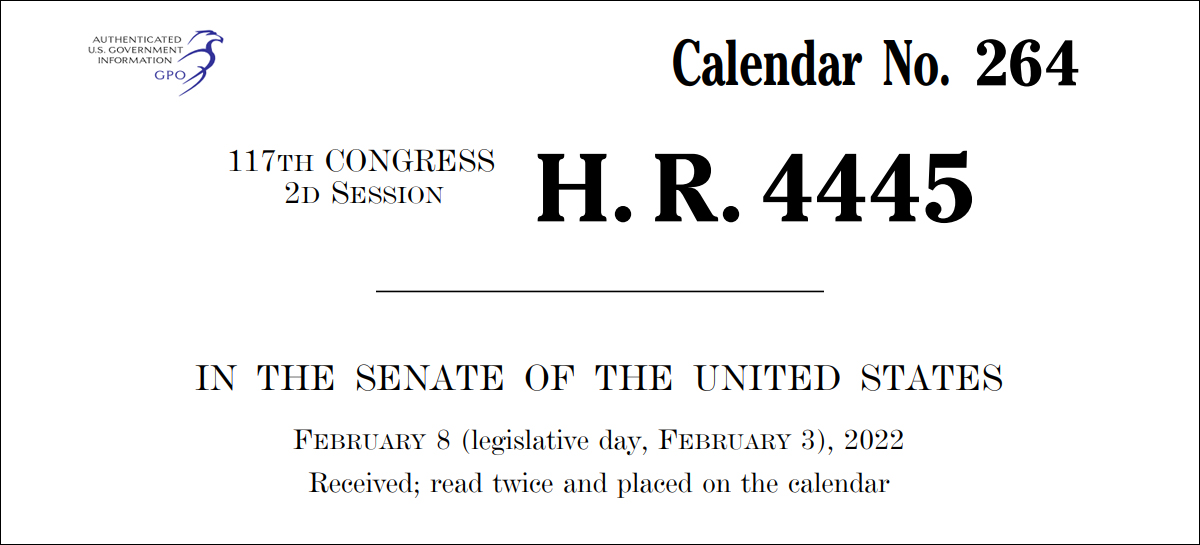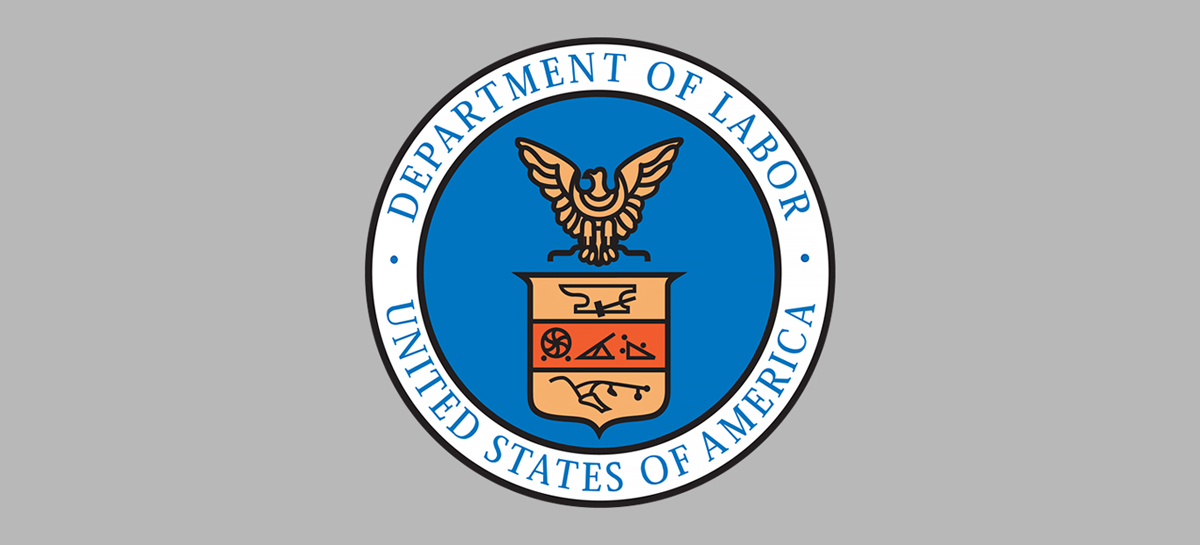
Cyberattacks are a growing concern for employers across the globe but especially for those in the United States. According to the Identity Theft Resource Center, the number of reported U.S. data breaches rose 68% between 2020 and 2021, increasing to a record-setting 1,862 incidents. Of these breaches, 83% involved sensitive information, such as Social Security numbers.
These breaches targeted various organizations and industries, including those in manufacturing, utility services and finance. Essentially, any business that retains potentially valuable information could be a target; cybercriminals are frequently looking for the personal information of everyday citizens to sell or use to gain access to other systems.








